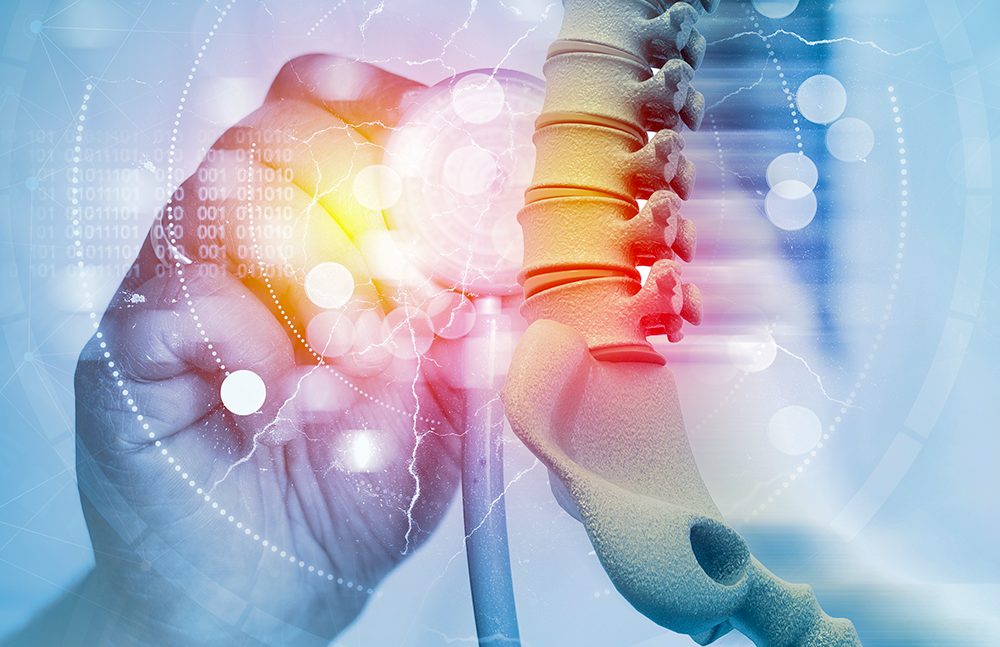Osteoporosis is a silent thief that gradually robs the bones of their strength, often unnoticed until it’s too late. This condition affects millions globally, with perimenopausal women at a particularly high risk due to hormonal changes.
But what if you could safeguard your bone health and minimize the risk of osteoporosis? Imagine being able to enjoy your favorite activities without the fear of fragile bones holding you back.
Incorporating simple, yet effective, strategies into your daily life can help protect your bones during perimenopause and beyond. By ensuring proper nutrition, regular weight-bearing exercise, and a routine bone health check-up, you can build a robust defense against osteoporosis.
Read on to understand how these strategies work and how you can start implementing them today. Because your bone health matters, and it’s never too early or too late to start taking care of it.
Table of Contents
The Perimenopause and Bone Health Connection
During perimenopause, the body experiences hormonal fluctuations as it transitions to menopause. These changes can lead to decreased bone density, increasing the risk of developing osteoporosis.
Osteoporosis is a condition characterized by weak and brittle bones. It develops slowly and can go unnoticed until a minor fall results in a severe fracture. Women over 50 are at a higher risk of developing this condition, but early preventive measures can help reduce the risk.
Physical manifestations of perimenopause, such as hot flashes and irregular periods, often take center stage. But bone health is equally crucial during this phase of a woman’s life.
Why Does Perimenopause Increase the Risk of Osteoporosis?
In this stage, the hormone estrogen, which plays a crucial role in bone protection, decreases significantly. This decline in estrogen levels has a direct impact on bone health and can lead to bone loss. As a result, there is a strong link between perimenopause and the increased risk of osteoporosis.
Perimenopause is a transitional phase that occurs before menopause, typically starting in a woman’s late 30s or early 40s. During this time, the ovaries gradually produce less estrogen, which is necessary for maintaining bone density. With the decline in estrogen, the rate of bone breakdown exceeds the rate of bone formation, leading to a net loss of bone mass.
The decreased estrogen levels during perimenopause contribute to accelerated bone loss and the subsequent increased risk of osteoporosis. Osteoporosis is a condition characterized by weakened and porous bones, making them more prone to fractures.
Steps for Prevention
As we delve deeper into understanding osteoporosis, its link with perimenopause, and the role of estrogen in bone health, we must remember that prevention is not only possible but highly achievable with conscious effort and awareness. The journey towards maintaining robust bone health during perimenopause and beyond starts with small, consistent steps.
1. Regular Exercise
Regular weight-bearing and resistance exercises can strengthen bones and reduce the risk of osteoporosis. Incorporating moderate exercises like walking or dancing can make a difference in your bone health.
The best exercises are those that put pressure on the bones and stimulate new bone growth. These include weightlifting, jogging, tennis, or even carrying heavy grocery bags. Consult with a fitness professional to create an exercise routine that suits your needs.
2. Adequate Calcium and Vitamin D Intake
Calcium and Vitamin D are essential for bone health. Ensure you’re getting enough of both through diet or supplements after consulting your physician.
Nonetheless, it is always advisable to consult with your physician before making any significant changes to your diet or starting any new supplements. Your physician can provide personalized recommendations based on your specific needs and health conditions. Taking proactive steps to support your bone health can contribute to overall well-being and longevity.
3. Healthy Lifestyle
Avoid smoking and limit alcohol consumption. Both can contribute to bone loss, exacerbating the risk of osteoporosis. Instead, focus on maintaining a healthy and balanced diet.
Having a healthy lifestyle doesn’t always mean giving up your favorite treats. Moderation is key, as reducing stress and prioritizing self-care can also positively impact bone health.
4. Regular Bone Density Check-Ups
Checking your bone density regularly can help identify potential issues and allow for early intervention and treatment if needed. Your physician may recommend a bone density test or other preventive measures based on your age, medical history, and risk factors.
Bone density tells you how healthy your bones are, and regular check-ups can help you track any changes and take necessary action to maintain optimal bone health. When you have a baseline for your bone density, you can also gauge how much improvement or decline occurs over time.
In more severe cases, hormone therapy may be prescribed to replace the declining estrogen levels and help protect against bone loss. This is done by providing the body with a steady supply of estrogen and reducing the risk of osteoporosis. Usually, hormone therapy is only recommended for a short period, and your physician will closely monitor its effects.
Don’t wait until it’s too late – start taking care of your bones today and enjoy the benefits in the years to come. Remember, prevention is always better than cure.
Welcoming Perimenopause with Open Arms
Remember, perimenopause is a natural part of aging, and experiencing it is a shared journey among women. Listening to menopause podcasts can provide support and insights from women who are going through similar experiences. Getting enough knowledge and support can help you make more informed decisions about your bone health during this phase.
Even something as simple as finding the best bra for women over 50 can bring a little comfort during this transition. During perimenopause, taking care of your bone health is not just about physical well-being; it’s also an opportunity for self-care and embracing the journey towards menopause with grace and empowerment.
So start taking small steps today to build a strong foundation for your bone health in the future. Because every step counts, and you deserve to live a long, healthy life.
